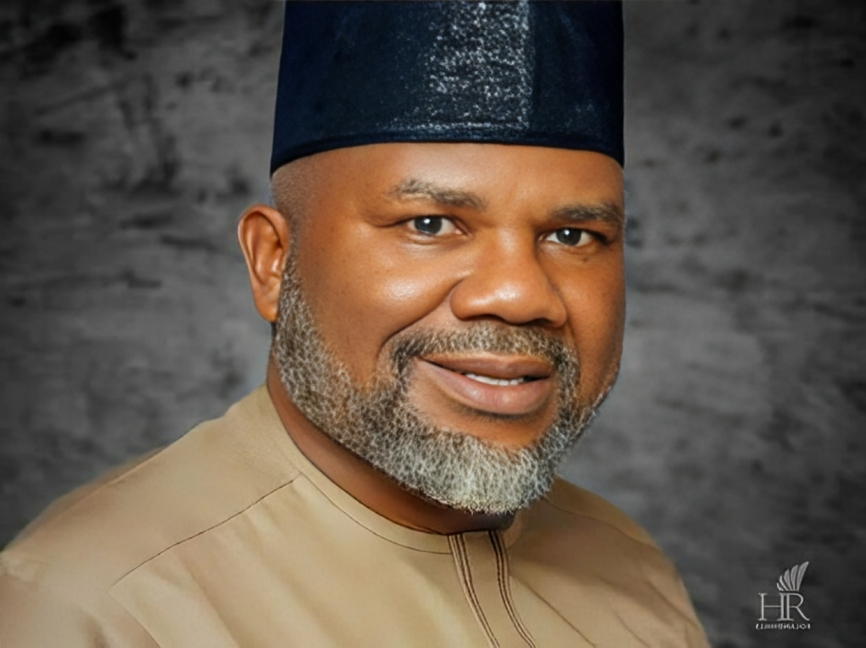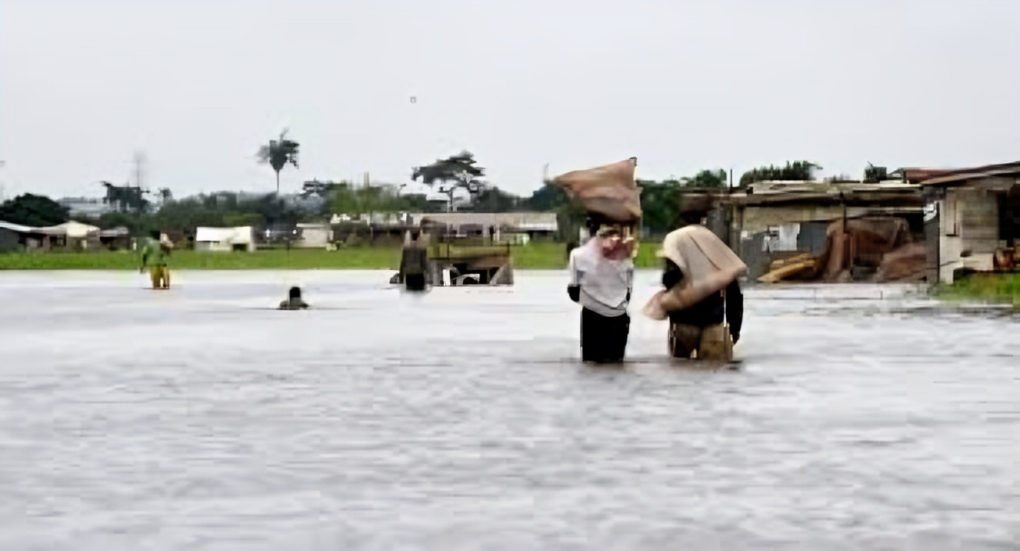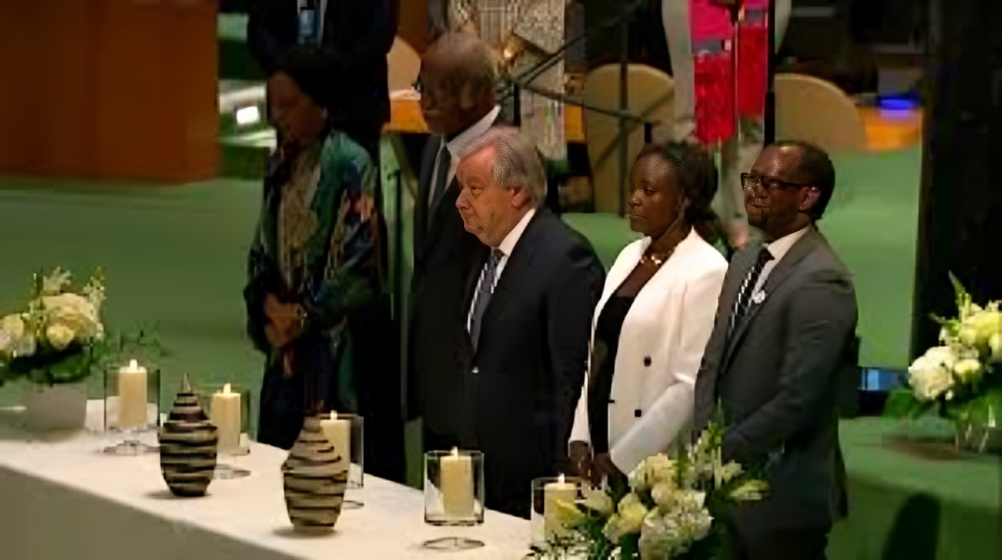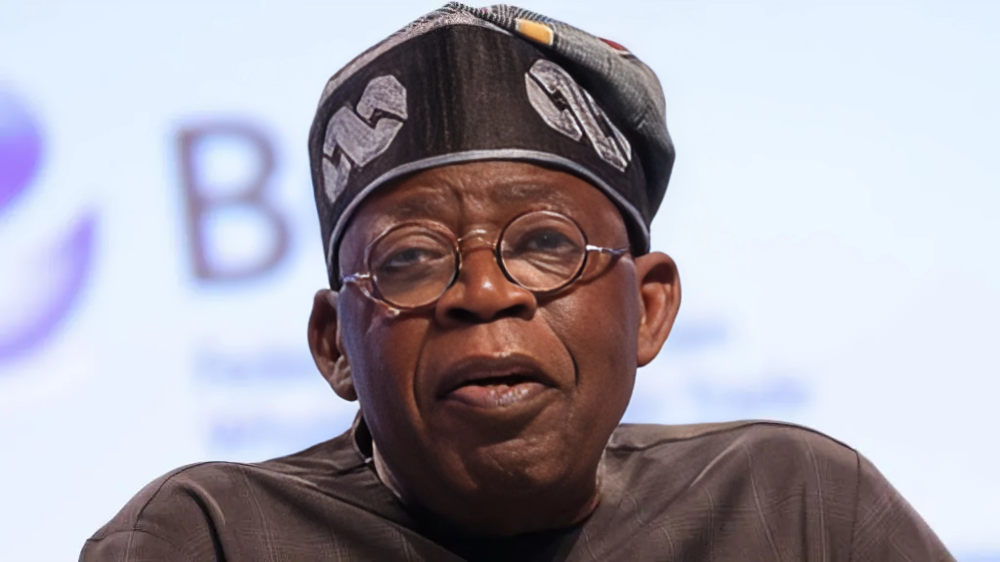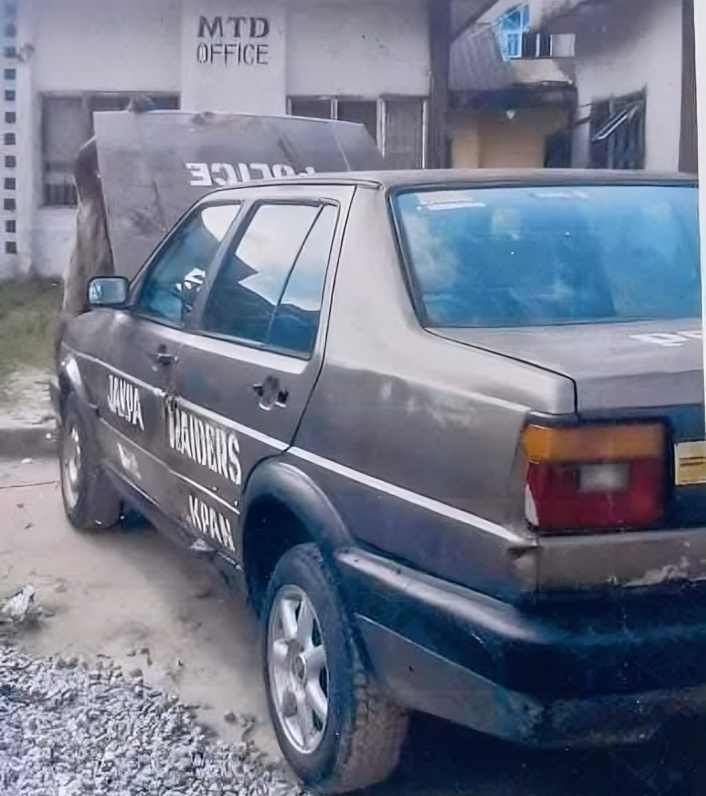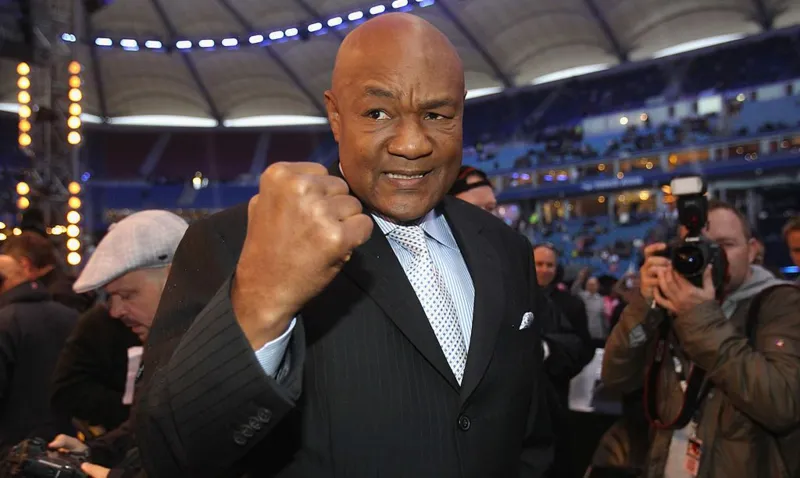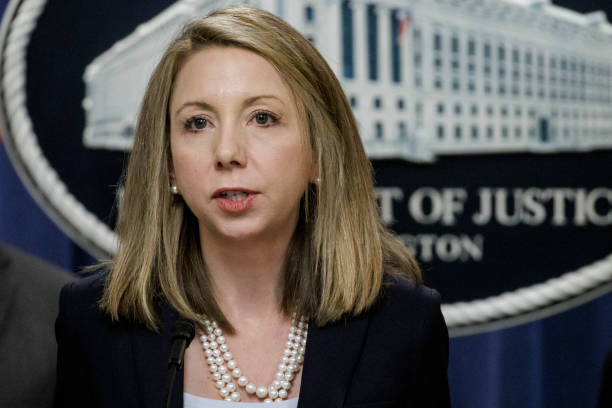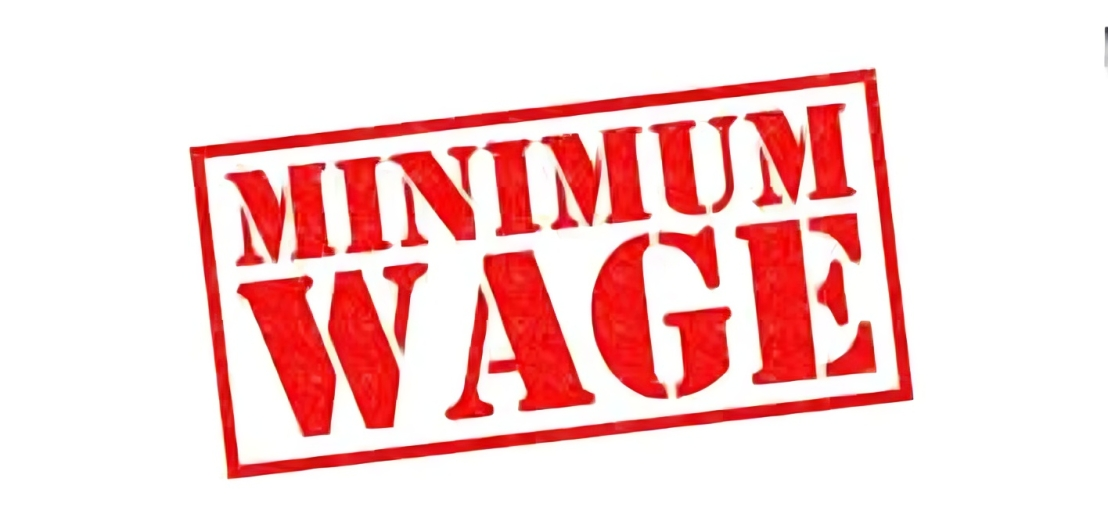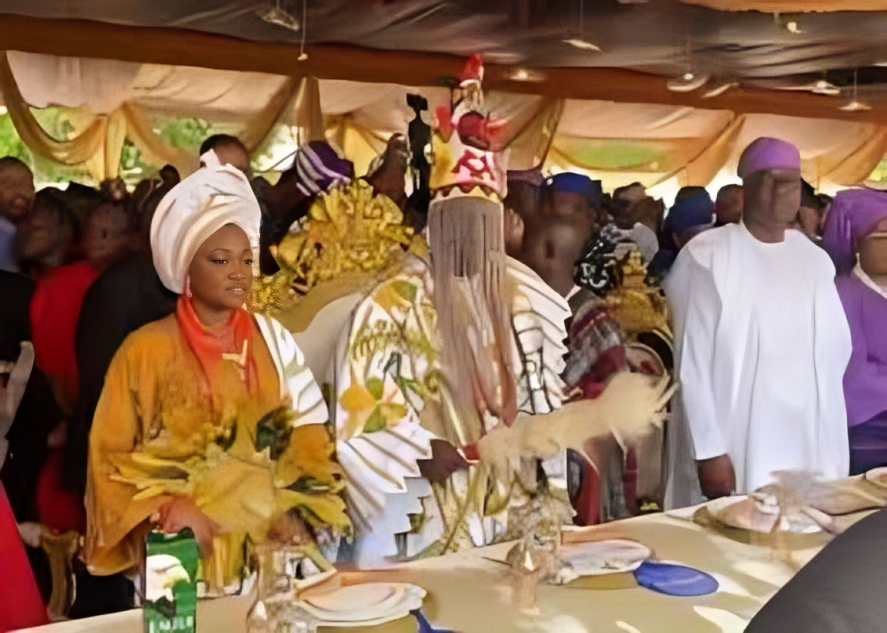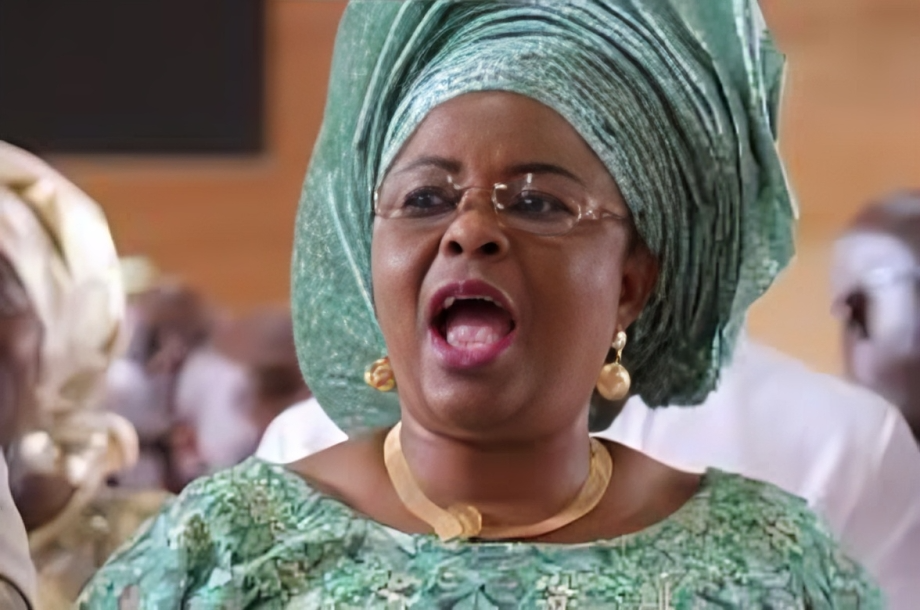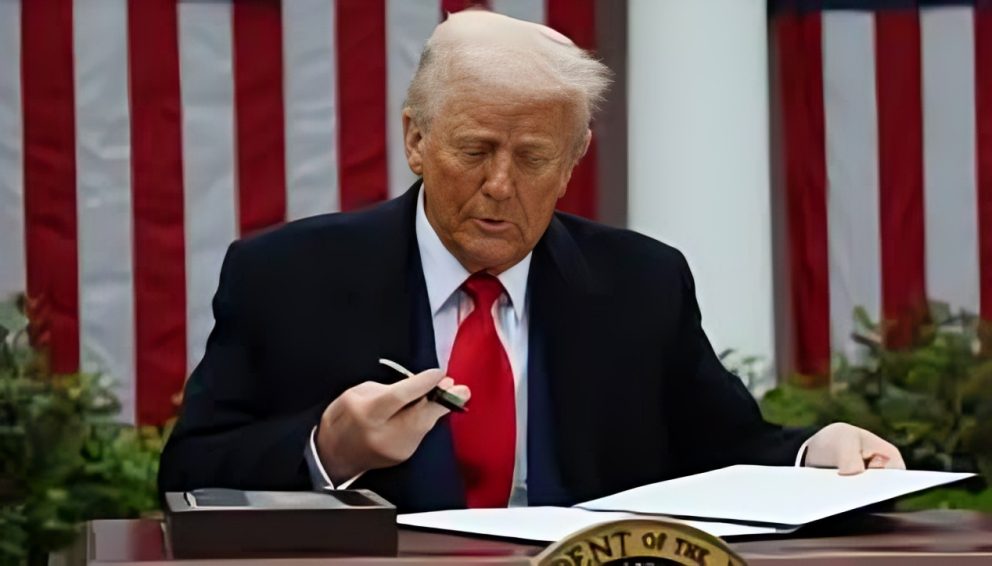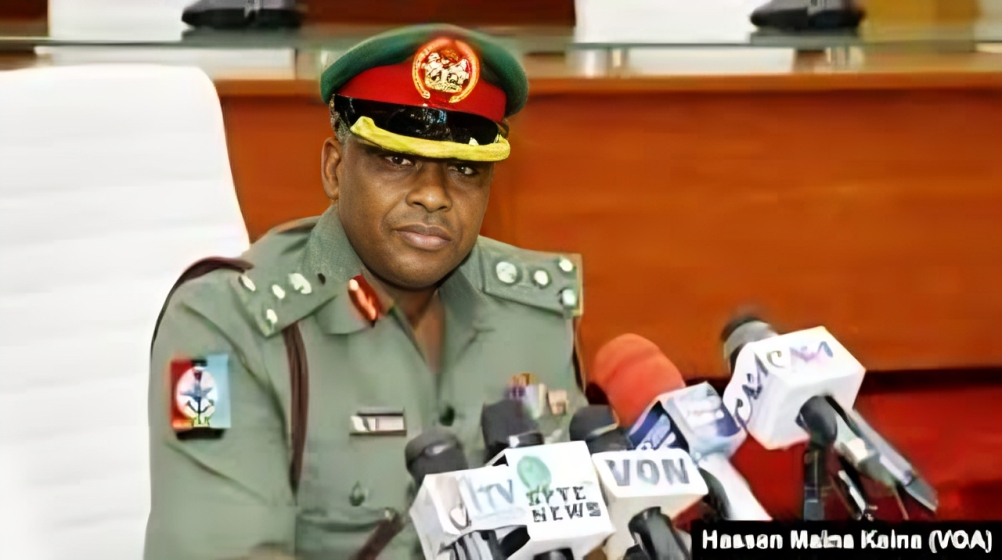
The federal government and Borno State Governor Babagana Zulum on Tuesday disagreed on the resurgence of Boko Haram attacks in the state.
While the governor said the state is lagging behind the terrorists, citing recent attacks on military convoys and killings and kidnappings of residents, the Minister of Information and National Orientation, Mohammed Idris, insisted that the security agencies are working day and night to end the situation in some parts of Borno State.
On 24th March, Boko Haram militants attacked two military camps in Borno State, attacking an army camp in Wajirko, Damboa Local Government Area, and another in Wulgo, Gamboru Ngala Local Government Area.
Some of the militants were also killed during the attack as the troops were routed out of their camps.
Furthermore, at least two soldiers were feared dead, while others were injured when a convoy, which comprised the newly deployed Brigade Commander of 'Operation Hadin Kai,' ran into landmines along the Maiduguri-Damboa-Biu road.
At least 40 farmers were reportedly killed in January in the Dumba community of the Kukawa Local Government Area of Borno State by suspected Boko Haram and Islamic State of West African Province members.
Additionally, several others were believed to have been kidnapped by the insurgents during the attack.
Quoting the attacks, and in response to his financial assistance for the military, the governor was not pleased with the security situation within the state.
But the minister of information debunked the governor's assertion, further asserting that the cooperation in the operations of the security agencies, especially over the past two years, and the heavy investment in equipment and other inputs bore witness to the seriousness with which the federal government took the issue.
He stated, "The Tinubu administration is committed to bringing an end to incidents of banditry and terrorism in the country. The achievements of the security agencies over the last 18 months are proof that, indeed, Nigeria is gradually returning to normalcy.
"Government calls on all, especially the sub-national governments, to join hands to facilitate speedy eradication of the remaining enclaves of criminal elements wherever they exist.
The Defence Headquarters, in their rebuttal, asserted that the troops are giving much and doing their best to enable peace to be re-established in Borno and other states facing challenges in the country.
The director of defense media operations, Maj. Gen. Markus Kangye, asserted the efforts of troops in the fight against terrorism would be greatly complimented.
He added, "The military is making a sacrifice, and whatever we are doing should be recognized. We are doing our best. We are performing what is being asked of us, and we are still doing that."
But addressing the Special Expanded Security Meeting at the Government House, Maiduguri, on Tuesday, Zulum argued that his administration has been collaborating with the military against Boko Haram and other terrorist groups, bringing relative peace to the country in the last three years.
Members present at the meeting included General Officer Commanding 7 Div, Major General Abubakar Haruna; sector commanders; the commissioner of police; other security agencies' heads; and monarchs.
For Zulum, "As I speak to this critical gathering today, it was disappointing that recent Boko Haram attacks and kidnappings of the majority of communities almost on a daily basis without exchange of fire indicated Borno State is losing ground."
Zulum lamented that the recent attacks and evacuation of military bases in Wajirko, Sabon Gari in Damboa LGA, Wulgo in Gamboru Ngala, and Izge in the Gwoza LGA, among others, and the butchering of civilians and security personnel are alarming.
He stated, "As you are well aware, the government under my leadership has been way behind the military and the other security agencies in the fight against the Boko Haram and other terrorism that has made the last three years relatively peaceful."
''It is heart-wrenching to hear the recent takeover and displacement of military camps in Wajirko, Sabon Gari in Damboa local government area, Wulgo in Gamboru Ngala, Izge in Gwoza local government areas and other connected killings of civilians and calls for concern from the security agencies and it is a wrong move in the volatile state of Borno and the North-East region.''
He also added, "While the Borno Government under my leadership applauds the Federal Government under the leadership of President Bola Ahmed Tinubu and the security agencies for their unwavering support towards the war against Boko Haram, greater efforts must be put in place through technological war equipment and deployment to mitigate the trend of serial attacks targeting sections of the sahelian Borno, which is an international boundary with three African countries: Chad, Niger, and Cameroon."
The Shehu of Borno, Abubakar El-Kanemi, commended the security agencies but reported that Guzamala, Marte, Abbadam LGAs, and some areas of Mobbar LGA remain under Boko Haram control.
He further added that the greater proportion of these communities are without civil authority while advocating for steps to end the resumption before it takes an unchecked path.
In response to Zulum's declaration, Brig Gen Peter Aro (retd.) said the governor's cry is corrective and apt.
He continued, "From the state chief executive whose state has been insurgency-hit most in the past decade or more, his acknowledgement that 'Borno is losing ground' cannot and ought not be hushed under the carpet, particularly inasmuch as it brazenly clashes with the Federal Government's own repeated public statement that Nigeria is winning the war on terror."
Aro noted that Zulum's remark was the expression of security facts, especially in state peripheries.
While strategic lines and towns like Maiduguri have remained relatively calm, rural villages in Bama, Gwoza, Marte, Ngala, and Kukawa have continued to witness routine attacks, kidnappings, and killings.
He added further, "These are not sporadic attacks; they are part of a relentless terrorist onslaught by criminals who are emboldened by local vulnerabilities and policy contradictions."
If, after over a decade of terrorism, terrorists are still successful at attacking villages, kidnapping children in schools, assaulting farmers, and taking over highways, then victory claims are not only false, they are harmful. There is no victory in propaganda as civilians die in silence."
One of the reasons for their comeback could be due to policy contradictions: Reintegration without consequences. What makes it more complex and tragic is the uncritical reintegration of "repentant" Boko Haram combatants into communities which are still quite traumatized by their activities.

